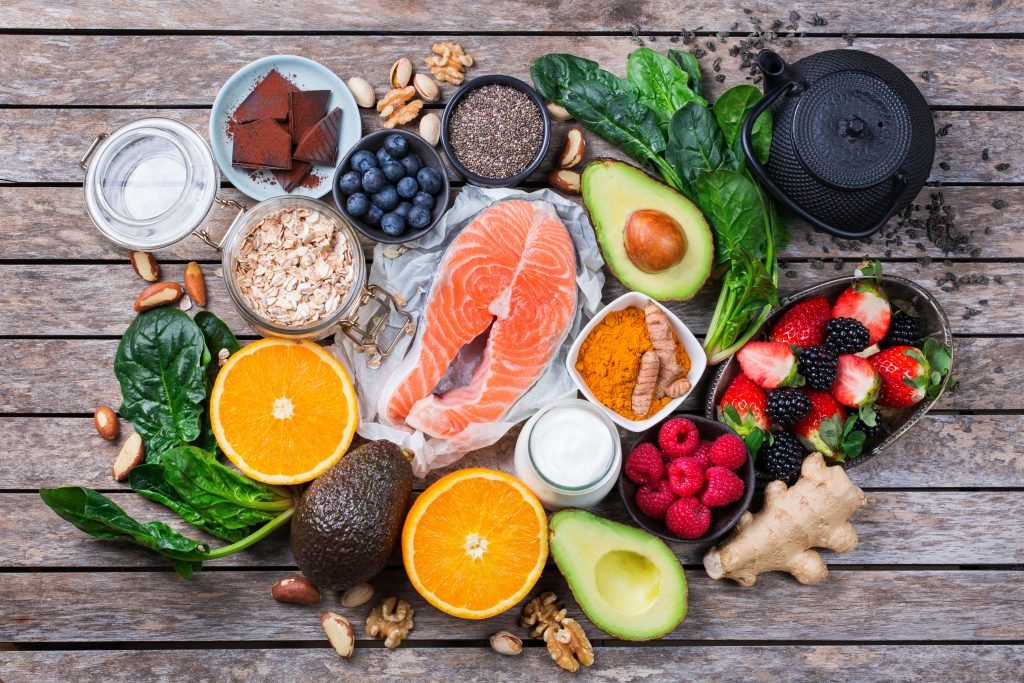Wheat Bran
Wheat bran is the tough outer layer of a wheat kernel and is promoted by many as a fiber-rich addition to a healthy diet. Unfortunately, if you suffer from anxiety, you should avoid bran. Wheat bran contains a large amount of phytic acid. This anti-nutrient binds to nutrients like zinc and inhibits their absorption. Zinc deficiency may cause anxiety and depression, so carefully monitor your mood if you choose to eat wheat bran regularly.
Tofu
While high in protein, tofu also contains an enzyme that makes it difficult for the body to digest protein. The uneasy feeling you may experience after eating tofu may make some anxious. Tofu is also high in copper, a mineral linked to anxiety. If you want to keep soy in your diet, try fermented varieties like miso, which actually improve gut health.
Caffeine
Caffeine is a stimulant that can cause uneasiness, insomnia, “the jitters,” and increased anxiety. The jolt of energy may be difficult for those with anxiety to handle, especially if there is no outlet for the uneasiness. Caffeine consumption can also inhibit the body’s absorption of mood, balancing nutrients like vitamin D and various B vitamins leading to mood swings and depression.
Processed foods
Prepackaged food may be convenient and tasty, but highly processed food is one of the worst things you can put in your body. Companies want their products to be as addictive as possible, so once you start eating their food, you won’t want to stop. Beyond the psychological toll of compulsively wanting more junk food, processed food triggers inflammation in the body, leading to lethargy, anxiety, depression, and various other health woes. If you suffer from anxiety, try to eat foods close to their natural form, with minimum processing and additives.
Apple juice
It may sound like you are getting a healthy dose of apple to keep the doctor away, but unfortunately, apple juice can cause a worrisome spike in anxiety. Like many fruit juices, apple juice is full of sugar and devoid of fiber. Without fiber to slow sugar absorption, apple juice can trigger a spike in blood sugar and adrenaline, potentially leading to episodes similar to panic attacks. If that isn’t enough to convince you to stick to whole fruit, consider that many apple juices test positive for arsenic, a poison found in apple seeds that can cause anxiety and depression.
Red wine
Ok, don’t hurt me. Red wine has been shown to contain health benefits in many studies, but wine is best avoided for those with anxiety. As a natural response to anxiety, we try to ease or numb our discomfort. This search for “a fix” can lead to abuse and dependence on alcohol and other drugs. Beyond the possibility of addiction, alcohol consumption can cause sleep disruption, dehydration, blood sugar swings, and blackouts. Each of these consequences can present heavily in those with anxiety and make a person feel much worse. So next time you need to “wine down,” consider herbal tea or a meditation session; your body and mind will thank you.
Fermented Foods
If you are eating a clean diet, meditating, receiving therapy, drinking water, and just can’t figure out why you are still anxious, fermented foods may be the answer. While most people benefit from fermented food’s gut health benefits, some of us just feel more anxious. During the fermentation process, proteins in food are broken down, creating byproducts like histamine. If you already have allergies or an excess of histamine from other sources, this added consumption can make you feel like you are experiencing a prolonged panic attack. Histamine can create inflammation in the body, intense anxiety, hives, and a general sense of being unwell. So if you have tried everything else, consider eliminating fermented foods and speaking to an immunologist about a possible histamine sensitivity or intolerance. There is help for you.

